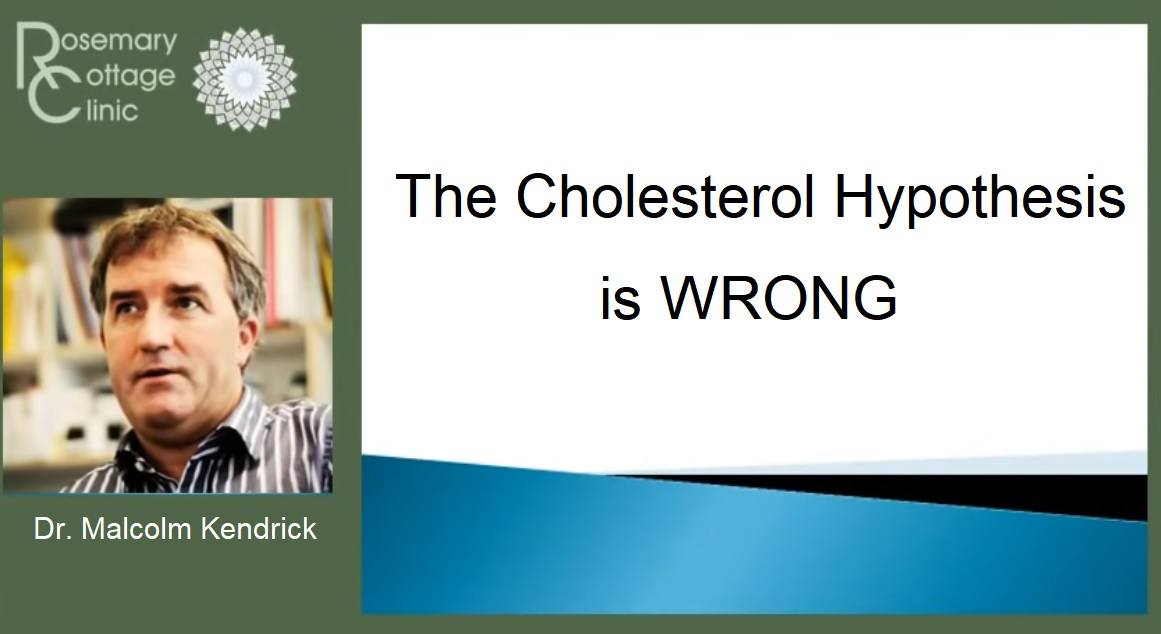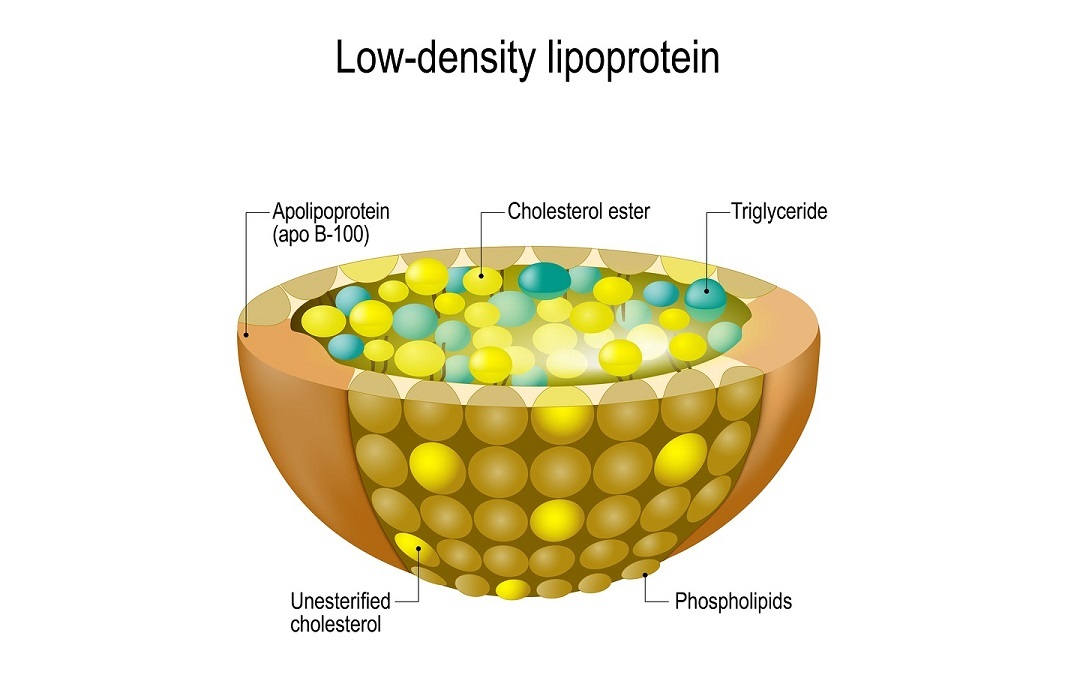Study: Those with Higher LDL Cholesterol Levels Live the Longest
A couple of weeks ago the Lancet published a ridiculous study which created headlines around the world – most of which failed to understand the difference between LDL (‘bad’ cholesterol) and non-HDL cholesterol. This study was reported as saying that twenty-five-year olds should get their cholesterol checked, because raised cholesterol is far more damaging, at a young age, than previously thought. All based on, pretty much nothing at all. I critiqued it in my last blog. It was, to use a word I rather like … bilge! Then another study came out last week: ‘Association between hyperlipidaemia and mortality after incident acute myocardial infarction or acute decompensated heart failure: a propensity score matched cohort study and a meta-analysis.’ What I first noticed was that it did not appear to make any headlines, anywhere, at all. Of course, making enough noise to be heard, in today’s jittery, overloaded information world, takes a lot of money and effort. Which is why the Lancet study got blanket coverage. Someone, somewhere, will have been paid a lot of money to ensure that it happened. The money was paid because there are people who stand to make billions and billions from increased cholesterol testing, including younger people, and suggesting that “raised” cholesterol must be ‘treated’ from an ever-younger age. On the other hand, the study ‘Association between hyperlipidaemia and mortality after incident acute myocardial infarction or acute decompensated heart failure: a propensity score matched cohort study and a meta-analysis.’ could result in the loss of billions and billions. Because what they found, was that, after an acute myocardial infarction (AMI), and in people with acute decompensated heart failure (ADHF) – normally caused by a previous MI – the higher the LDL level, the lower the overall mortality. They called a higher LDL level hyperlipidaemia (HLP), but it was a high LDL a.k.a. ‘bad’ cholesterol. The ‘association’ of which they spoke, is in the exact opposite direction to that in the Lancet study. Just to repeat their main finding. Those with higher LDL levels lived the longest. Full stop, exclamation mark.







